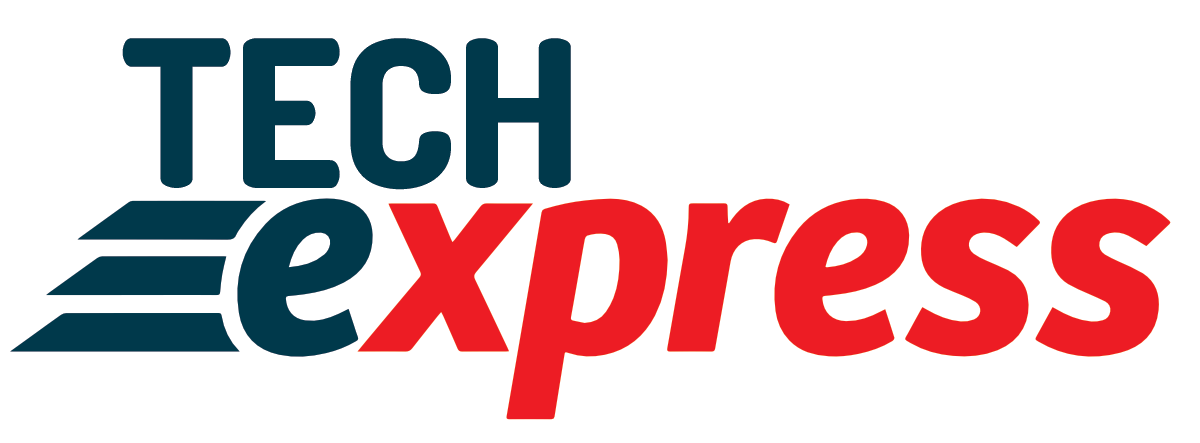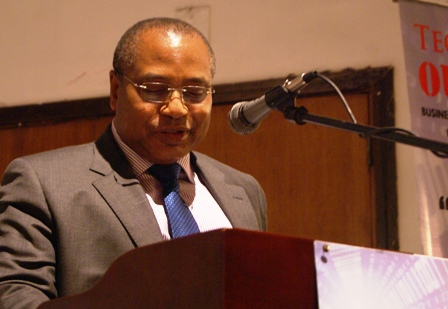Telecommunications business in Nigeria has been described by analysts as the fastest growing business in Africa and the world, with an investment turnover of $18 billion (N2.8 trillion) from Foreign Direct Investment (FDI) between 2001 and 2010.
Although telecoms analysts viewed the investment and turnover as massive for Nigeria, former President of the Association of Telecoms Companies of Nigeria (ATCON), Dr. Emmanuel Ekuwem, told THISDAY that only about 20 per cent of such amount remained in Nigeria as the greater part of the money left the shores of Nigeria through capital flight.
Ekuwem who blamed the loss of revenue on poor internal manufacturing base of the country and the non-patronage of locally manufactured products, called for local content development in the country.
Assessing the growth of telecoms industry in the past 11 years, during an interview with THISDAY, Ekuwem said “The Nigerian ICT industry is the fastest growing ICT market in Africa today and, until recently, was also the fastest growing ICT market in the world. It is liberalised, private sector led and driven. It has attracted a lot of foreign direct investments (FDI) into Nigeria.
“However, I must not forget to add that a good chunk of the much talked about FDI did not remain in Nigeria because of very poor manufacturing and Nigerian content development infrastructure in the Nigerian economy. This capital flight which weakens the Naira and depletes our foreign reserve is a direct consequence of our import-oriented national economy.”
According to him, inadequate power supply in the country remained a major factor militating against setting up internal manufacturing plant, a situation, he said, forced telecoms operating companies into importing virtually every telecommunications equipment into the country, thereby moving away huge amount of money that would have remained in the country, for the purchase of telecoms equipment from other countries.
Ekuwem who called for improved power supply in the country, said the shortfall in power supply could stifle the growth of telecoms, if the situation continues.
According to him, “Electricity is to national economy, what food is to human body.”
Ekuwem who frowned at the total neglect for the country’s local content development, said telecoms return on investments (RoI) would continue to depreciate if the situation lingers.
He said telecoms operating companies were importing cell site equipment, galvanised wire for fencing of telecoms sites, perimeter fencing cables, billing software machines, without recourse to develop Nigeria’s local content, for lack of local manufacturing plant.
Emphasising the need for local patronage of made-in-Nigeria products, Ekuwem said should the culture of local patronage be imbibed, money generated in Nigeria would remain in Nigeria for the development of Nigerians.
The Nigerian Communications Commission (NCC), the telecoms industry regulatory body granted GSM operational licences to MTN, Airtel, Etisalat, Globacom and several Code Division Multiple Access (CDMA) operators to provide telecoms services to Nigerians since 2001.
The operators had since then installed several base stations across the country, but major components of all its installed equipment were all imported from various countries.
Source: Thisdaylive.com
Related posts
Subscribe
* You will receive the latest news and updates on your favorite celebrities!


